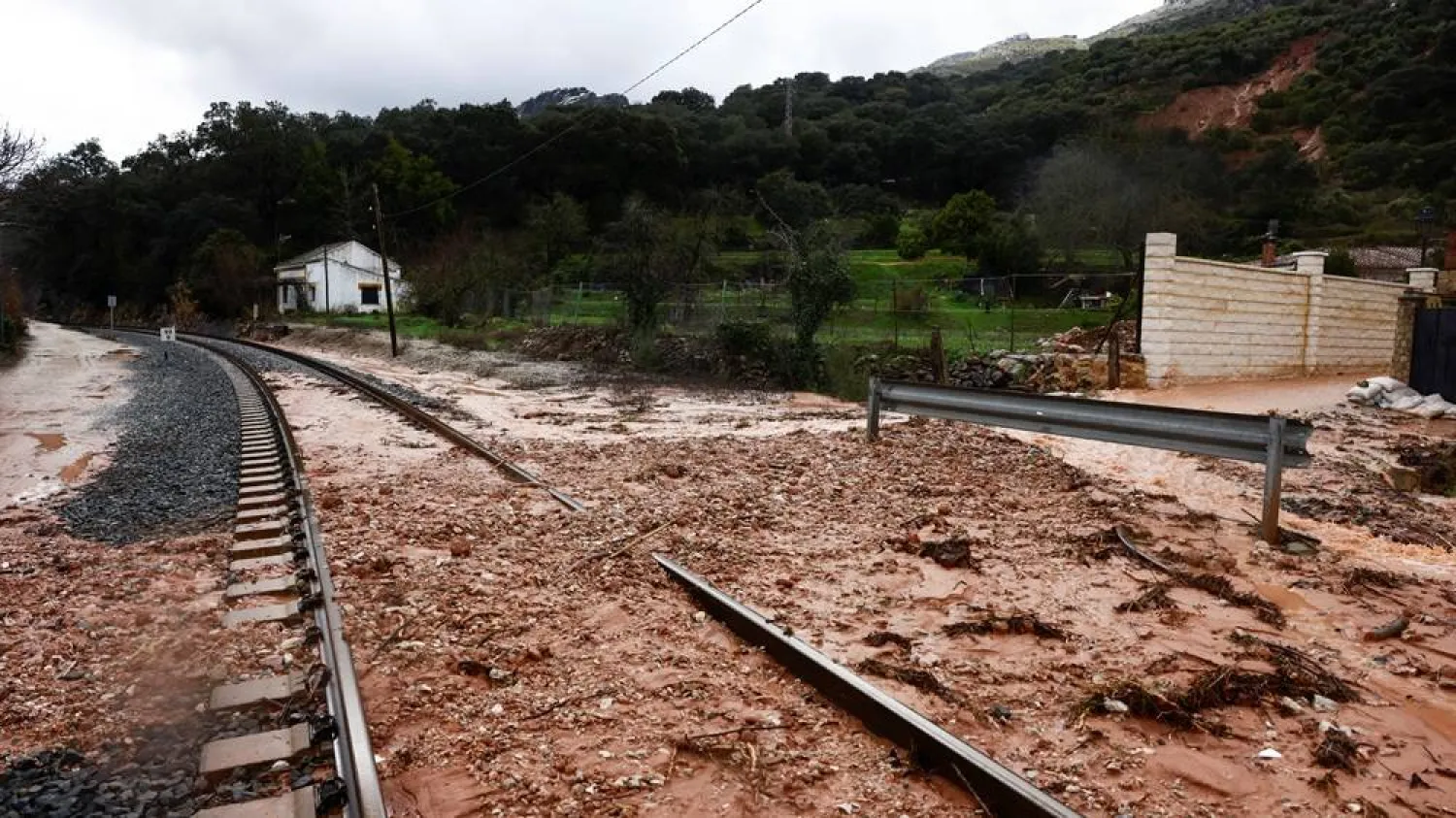The Saudi Literature, Publishing, and Translation Commission participates in this year London Book Fair with a pavilion where Saudi publishers and their counterparts from around the world may hold cultural dialogues and exchange experiences.
The fair, held at Olympia London between May 12 and 14, is an opportunity for the commission to boost Saudi literary publishers and agents’ presence internationally.
Commission CEO Dr. Mohammed Hasan Alwan stressed that the Saudi pavilion was shown significant interest by the public and industry people, adding that the commission has introduced many initiatives and programs aimed at developing the publishing industry and enhancing cultural activity; one such initiative is lending support to Saudi literary publishers and agents globally, SPA reported.
The commission exhibits books in its pavilion, and showcases the Literary Agent Initiative, the Publishing House Leadership Program, and the Tarjim (translate) Initiative, which contribute to supporting and developing this vital sector in the Kingdom, and strengthening the role of workers in the industry, which is a driver of the Saudi culture.
The commission also reviews the Riyadh International Book Fair, one of the largest cultural forums in the Kingdom, which hosts a country as a guest of honor every year to celebrate its culture through literary events.
The Literary Agent Initiative aims to help literary agents secure the best opportunities for authors and facilitate their literary journey, the Tarjim Initiative contributes to enriching Arabic content with highly valuable material translated from various languages, while the Publishing House Leadership Program seeks to create an attractive investment environment by empowering participating publishing houses and enhancing their competitive capabilities locally and globally.
Saudi Literature Commission Participates in London Book Fair


Saudi Literature Commission Participates in London Book Fair

لم تشترك بعد
انشئ حساباً خاصاً بك لتحصل على أخبار مخصصة لك ولتتمتع بخاصية حفظ المقالات وتتلقى نشراتنا البريدية المتنوعة







